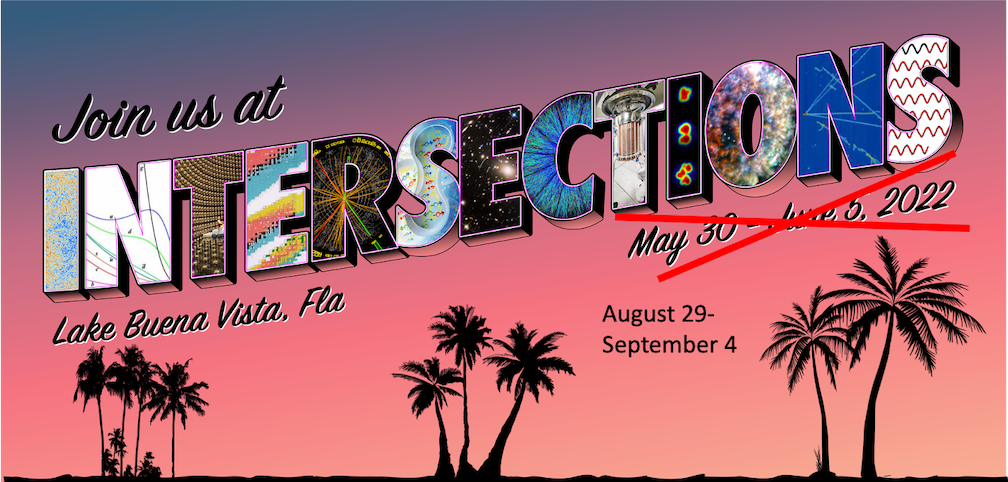Speaker
Description
Cumulants of conserved charge fluctuations probe the thermal state of
strongly interacting matter and have been the focus of many studies,
both theoretical and experimental, in recent years.
In lattice QCD calculations, they allow access to bulk thermodynamic
quantities at small, non-vanishing chemical potential via Taylor
expansion and find application in the search for a critical endpoint in
the QCD phase diagram. Furthermore, they can serve as benchmark
observables for constraining the range of validity of widely used hadron
resonance gas models.
Over the last years, the HotQCD collaboration has gathered high
statistics data on cumulants of conserved charge fluctuations from
lattice QCD simulations using the HISQ discretization scheme for
staggered fermions with 2+1 flavors. This talk aims to provide an
overview of recent results obtained using this data.
Specifically, precise continuum extrapolations for the six second order
cumulants of conserved charge fluctuations and their correlations are
presented and compared to various non-interacting, point-like hadron
resonance gas models. Furthermore, we present updated results on
pressure, energy density and entropy density calculations at non-zero
chemical potentials using up to 8th order Taylor expansions. We discuss
estimators of the radius of convergence for these expansions and
construct Padé approximants for the pressure at non-zero values of the
baryon chemical potential. We show that the pole structure of the Padé
approximants is consistent with not finding a critical endpoint for
temperatures above 135 MeV and $\mu_B/T \le 2.5$.

